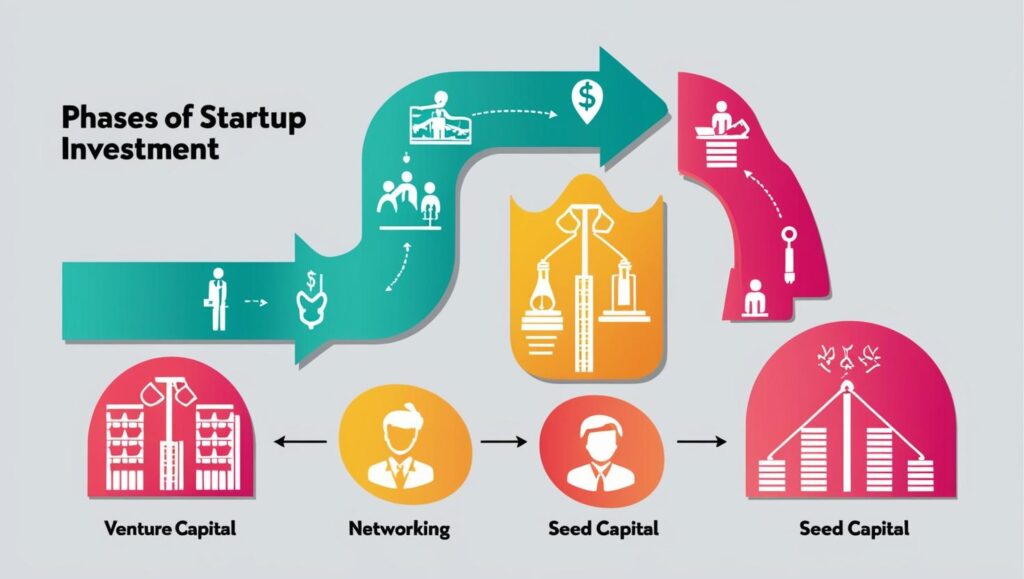Why Investing in Startups Can Be Profitable

Investing in startups can be a high-risk but high-reward strategy. Many of today’s biggest companies, such as Uber, Airbnb, and Tesla, started as small ventures that early investors capitalized on. The key is knowing how to assess a startup’s potential and making informed investment decisions.
What to Consider Before Investing in Startups
Before diving into startup investments, here are some crucial factors to consider:
Understand the Risks and Rewards
- Startups have a high failure rate, but successful ones can yield substantial returns.
- Your investment may be illiquid for several years, meaning you cannot easily sell your shares.
Evaluate the Business Model
- Does the startup solve a real problem?
- Is there a clear revenue model and potential for scalability?
Assess the Market Opportunity
- How big is the target market?
- Is the market growing or already saturated?
Analyze the Founding Team
- Strong leadership and experience are critical for a startup’s success.
- Look for founders with expertise in their industry and a clear vision.
Check for Competitive Advantages
- What differentiates this startup from its competitors?
- Does it have patents, exclusive technology, or a strong brand identity?
How to Invest in Startups

Now that you understand what to look for, here’s how you can start investing in startups:
Angel Investing
- Angel investors provide early funding in exchange for equity.
- Typically involves investing in seed or pre-seed funding rounds.
Venture Capital Funds
- These are professionally managed funds that invest in multiple startups.
- They offer diversification but often require a high minimum investment.
Equity Crowdfunding
- Platforms like SeedInvest, AngelList, and Republic allow individuals to invest small amounts.
- Great for beginners who want to test startup investing with lower capital.
Accelerators and Incubators
- Some investors gain exposure to startups through incubators like Y Combinator or Techstars.
- These programs provide mentorship, networking, and investment opportunities.
Tips for a Successful Startup Investment Strategy
- Diversify Your Portfolio: Don’t put all your money into one startup; invest in multiple ventures to spread risk.
- Do Thorough Research: Investigate financials, team backgrounds, and market potential before committing capital.
- Have a Long-Term Mindset: Most successful startup investments take 5-10 years to mature.
- Network with Other Investors: Join startup investor communities to stay informed and find better opportunities.
Final Thoughts
Investing in startups can be an exciting and lucrative opportunity, but it requires careful research, patience, and risk management. By following these steps and continuously educating yourself, you can increase your chances of making successful investments.




